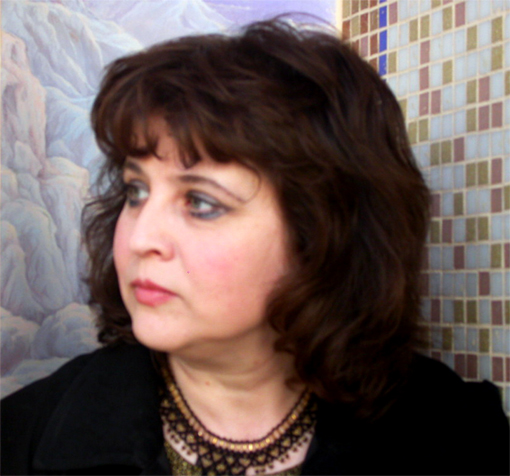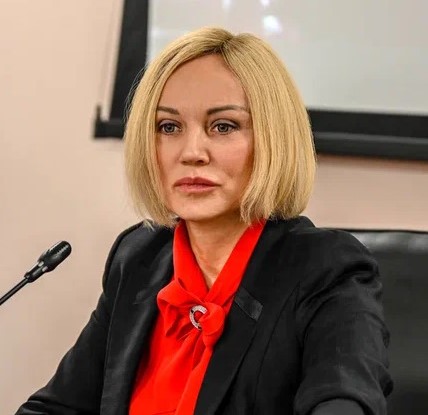The article, based on a sociological survey conducted by The Center for Spiritual and Moral Education and Theology of the Russian Academy of Education, examines the issues of mentorship (or lack thereof) in theological departments (when teaching theology courses) at state (non-religious) universities in Russia. Attached to mentoring as a transfer of not only knowledge but also moral values, the attitude of future theologists towards traditional social and moral principles (such as citizenship, conciliarity and collectivism, patriotism, humanity, unity of the peoples of Russia, historical memory, justice, religion, family, work, charity, mutual assistance, etc.) is considered. The socio-demographics of the “average” theology students’, their understanding of prospects for future employment in the field, etc., are described.
Key words: mentoring, theology, departments (programs) of theology in state (secular) universities of the Russian Federation, traditional values
DOI: 10.22250/20728662_2024_1_130
About the authors
 |
Ekaterina S. Elbakyan – DSc (Philosophy), Senior Research Fellow, Russian Academy of Education; 8 Pogodinskaya St., Moscow, 119121, Russia; This email address is being protected from spambots. You need JavaScript enabled to view it. |
 |
Veronika V. Kravchuk – Cand. Sc. (Philosophy), Assistant Professor, Russian Academy of Education; 8 Pogodinskaya St., Moscow, 119121, Russia; This email address is being protected from spambots. You need JavaScript enabled to view it. |






